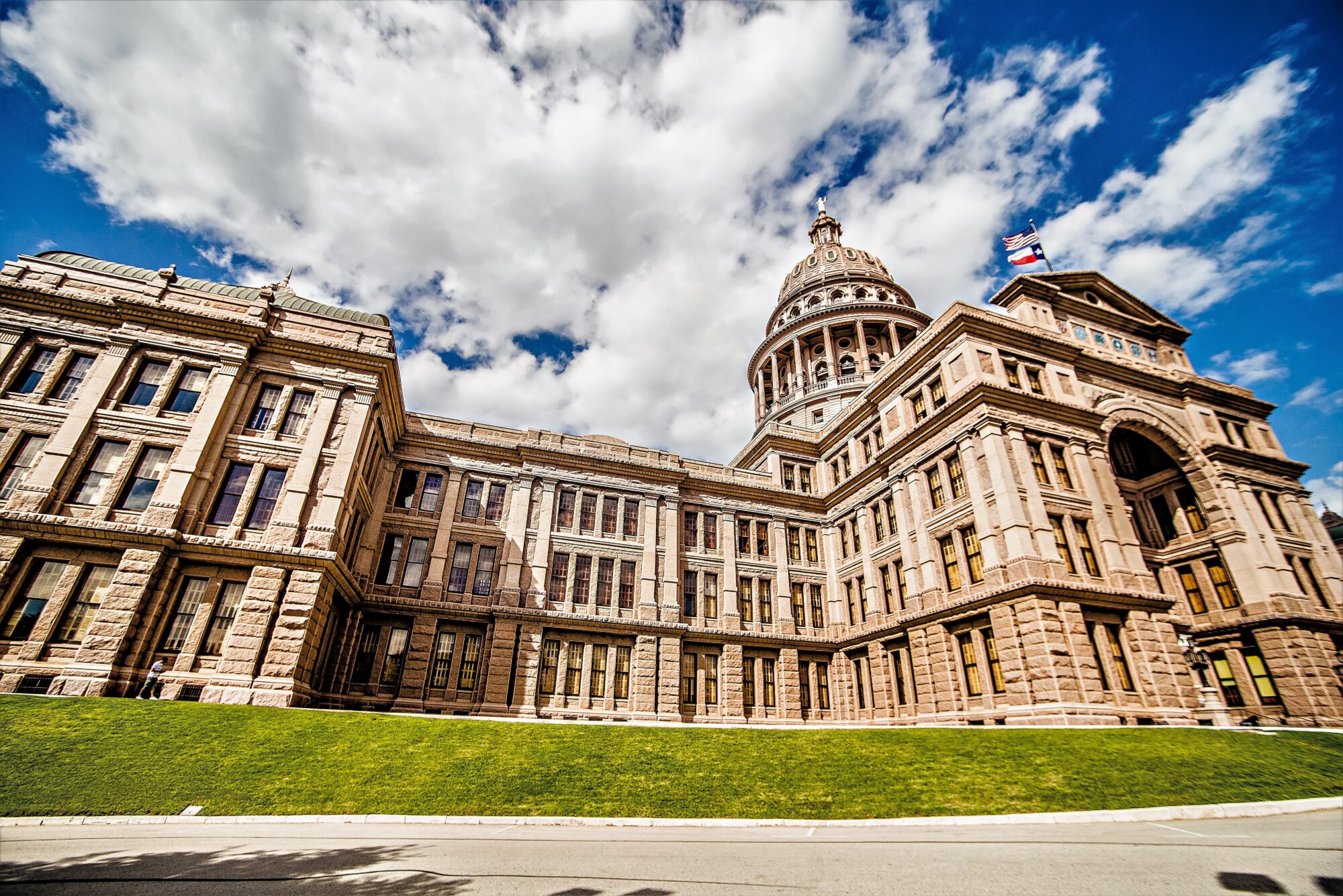As the Texas legislative session approaches the May 29 finish line, a dispute over public education is heating up between the state House and Senate, with the fate of school choice legislation hanging in the balance.
Retaliation
On Wednesday, State Rep. Harold Dutton (D–Houston), the House sponsor for Senate Bill 9 by State Sen. Brandon Creighton (R–Conroe), killed that measure by postponing it indefinitely, ostensibly in retaliation for Creighton’s decision to incorporate a Senate proposal to create a $500 million school choice program into a House bill funding pay raises for public school teachers.
SB 9 would have clarified the expectations of public school teachers and expanded the state’s teacher incentive program. Although the House previously indicated overwhelming support for these issues in passing similar legislation—Dutton’s House Bill 11—Dutton and several other Democrats objected to Creighton’s attempt to force the House to vote on a school choice program along with funding for teacher pay raises.
The development is the latest in an ongoing dispute between the House and the Senate over school choice, and the outcome has implications not only for the millions of Texas students who would be affected by the new program, but also on the prospects of Gov. Greg Abbott calling legislators back for a special session.
Build-up
The Senate passed expansive school choice legislation—Senate Bill 8, also by Creighton—on April 6, the same day the House voted to prohibit the use of state funds for any school choice programs during debate on the state budget. State Rep. Brad Buckley (R–Salado), the chair of the House Public Education Committee, held a hearing on several other school choice proposals a few days later, but no action was taken on any of them.
Creighton’s bill would fund education savings accounts at $8,000 per student a year and provide a reimbursement of $10,000 to rural school districts with fewer than 20,000 students for each student who withdraws from public school. It would also expand parental rights by standardizing the district grievance process, requiring consent for the administration of any psychological tests, providing transparency of instructional materials, and prohibiting teaching on sexual orientation or gender identity.
School choice is a priority of the Republican Party of Texas and Abbott, who has promoted expanding education options for students and their families extensively over the past year.
Amid threats of a special session on school choice and other conservative priorities, and with only a few days remaining for House committees to consider Senate bills, Buckley tried to push a watered-down version of SB 8 through his committee.
Following Abbott’s statement that the weakened proposal didn’t meet his standards and would be vetoed if passed, however, the committee declined to advance it.
In response, the Senate Public Education Committee on Monday added many of SB 8’s provisions to House Bill 100 by State Rep. Ken King (R–Canadian), a measure initially drafted to provide around $5 billion in pay raises for public school teachers. It was placed on the Senate calendar the following day.
Accusations
When Creighton’s SB 9 came up for debate in the House on Tuesday, Dutton complained that the Senate hadn’t simply passed his own bill addressing many of the same issues, and he stated his intent to amend SB 9 to incorporate several House bills the Senate has not yet passed.
“When they don’t respect us, they ought to expect us,” Dutton said, repeating a common refrain among House members who often accuse the upper chamber of not acting with sufficient urgency on their bills.
State Rep. James Talarico (D–Austin) agreed, saying, “It’s unconscionable, during the worst teacher shortage the state has ever seen, that the Senate would hold hostage pay raises for teachers to pass their voucher stamps.”
After SB 9 was amended to include a $15 minimum wage for school bus drivers, a $1,000 increase to the state’s “basic” or per-student allotment for public schools, and funding for fine arts that was stripped from the Senate’s version of HB 100, it passed the House by a preliminary vote of 116-24.
Later that evening, the Senate passed the revised HB 100 that includes the education savings account program.
During discussion of the bill, Creighton said it is “perhaps the most transformative blueprint for Texas education we’ve ever considered,” arguing that “families need the freedom to find a school that meets their needs” even as the legislature has made “historic investments into public education.”
State Sen. Nathan Johnson (D–Dallas) unsuccessfully attempted to remove the school choice provisions from the bill, arguing that education savings accounts “are likely to kill the whole bill,” which “otherwise contains a lot of great work.”
“I have all confidence in our friends in the House to continue to deliberate the wise policy behind education freedom,” replied Creighton.
Johnson countered by saying, “I think when you take something that you can’t pass and put it onto something that you should pass, it borders on spiteful of all of all the good work everyone has done.”
The revised HB 100 passed the Senate late Tuesday by a vote of 18-13.
Fallout
When SB 9 came up for a final vote in the House on Wednesday, Dutton postponed its consideration until after the end of the legislative session, effectively killing it.
A request for comment from Dutton’s office went unanswered.
Creighton expressed disappointment over the move.
For the last year, I have been working to craft legislation that gives our Texas educators meaningful compensation, bonus opportunities, added benefits, and mentorship programs to train the next generation of classroom teachers. To allow SB 9, the strongest teacher bill of…
— Brandon Creighton (@CreightonForTX) May 24, 2023
The House has until Friday to vote on the revised version of HB 100, where they can agree with the Senate amendments or send it to a conference committee.





